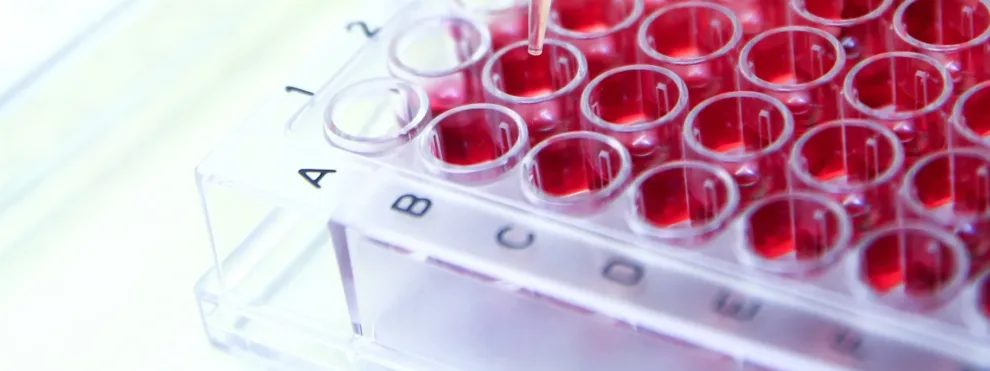In a healthy person, immune cells like B cells, T cells, and macrophages are typically surveilling the body for abnormal cells or infectious agents. These cells don’t fire up their inflammatory toolbox unless they recognize one of these foreign entities. The potent inflammatory mediators activated during these responses include cytokines, free radicals, prostaglandins, and clotting factors, which must be tightly regulated to avoid wreaking havoc on healthy tissue. This exquisitely controlled activation of inflammatory molecules means that when you look for them in cells by flow cytometry, they may be very difficult to detect.
Immunologists have developed stimulation techniques to elicit the production of inflammatory molecules in vitro, which can then be detected by flow cytometry using intracellular staining protocols. So how do you know if you need to stimulate your cells or not in vitro? Consider these questions to determine your stimulation solution as you explore basic research questions or develop pre-clinical protocols.
1) What do you want to know about the cells?
Do you want to see the cells at rest or do you want to measure how much they can respond to a specific stimulus? No matter what type of protocol you use, you will always need to measure the production of inflammatory molecules in unstimulated cells as a control. But this baseline information may be all you want to see for different cell types depending on your overall research goals.
2) How specific should your stimulus be?
Immunologists use a variety of different mitogenic stimuli to induce broad and non-specific responses by immune cells, and this can be useful for studies to understand the characteristics of different immune cells. In contrast, vaccine studies need to look at the specificity of an immune response, which requires in vitro stimulation assays with the same components as used for vaccine trials.
These basic questions should help you discern whether or not you need to stimulate your cells in vitro for your flow cytometry assays.

